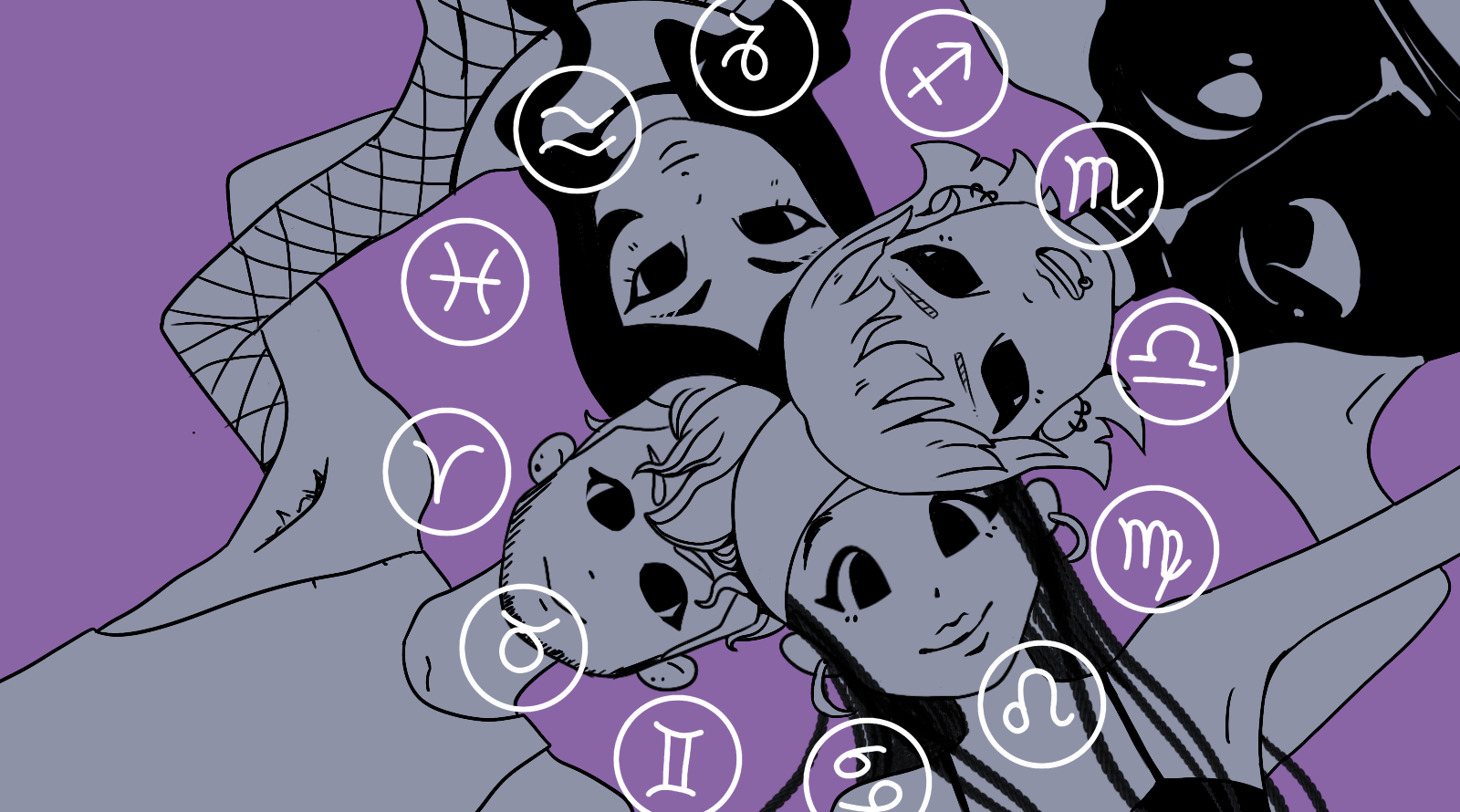In the United States political hate speech is fuelling a rise in attacks against LGBTQ communities.
Emboldened bigots are deploying genocidal rhetoric, targeted harassment and violence against people who do not conform to white, heteronormative ideals. Trans people are being attacked by state legislators, media, and in our classrooms. “Don't Say Gay” laws across the country are pushing teachers and pubic servants back into the closet. Any day now the Supreme Court will pave the way for over half of US states to criminalize those seeking, performing or helping someone get an abortion.
It is important to remember that we have seen, and survived, these moral panics before.
This month at Old Pros we are revisiting our three part series of The Oldest Profession Podcast chronicling the stories of Marsha P. Johnston and Sylvia Rivera, pioneers at the forefront of our interconnected movements.
Marsha “Pay It No Mind” Johnson was born August 24, 1945, in Elizabeth, New Jersey.
She was born Malcolm Michaels, Jr., the fifth of seven children born to Alberta and Malcolm Michaels, Sr. The family were devout members of the African Methodist Episcopal (AME) Church. Her mother was a housekeeper, and Malcolm Sr., worked as an assembly line worker at General Motors.
Marsha knew at five years old that she preferred feminine clothing, which wasn’t well tolerated in her middle class, 1950’s Christian home. Although it doesn’t appear that Marsha endured physical abuse at home as a result of her gender expression, in one of her final interviews, she discussed being sexually harassed and assaulted by one of the boys in her neighbourhood.
Marsha moved to New York City in 1963, right after graduating high school, arriving in the city with a bag of clothes and fifteen dollars to her name. Sex work became her means of survival and she created family among other sex workers along Manhattan’s Christopher Street. It was there that Marsha met her sister in the struggle, Sylvia Rivera.
Sylvia was born Ray Rivera on July 2, 1951, in New York City.
Like Marsha, she was also rejected by her Puerto Rican/Venezuelan family for embracing her gender and sexuality. Sylvia’s life lacked parental love from the start. Her father, Jose Rivera, abandoned the family early and Sylvia was only three when her mother committed suicide.
Like Marsha, Sylvia embraced her gender identity early, wearing her grandmother’s clothes. By the fourth grade, she began wearing makeup. She reported having sex when she was only seven with a male cousin, and by ten she was being sexually abused by a married man.
Her grandmother, Viejita, routinely beat Sylvia, told her she was unwanted and a “troublemaker,” largely in part – according to Sylvia – because of colorism and her desire for a “white child.” Sylvia made the streets her home and by eleven she was engaged in survival sex work and had found her way into the kinship networks of the city’s drag queens.
These families are made up of and crafted by folks who have been rejected by their biological kin. They aren’t a modern invention. In fact, these families maintain their roots – along with ballroom culture — in the nineteenth century.
New York’s ballroom scene dates to 1869.
After the Civil War – Harlem’s Hamilton Lodge Ball attracted a diverse crowd of thousands and were known for their lavish costumes and performances.
Harlem and the Village became well-known enclaves for the LGBTQ community, attracting small businesses, artists, and of course, tourists. These communities fostered spaces where people could dismiss social conventions and invent their own. Bars and speakeasies thrived in the Village, but as real estate investors took greater interest in the area, they sought to eliminate vice to bolster property investments.
Bars, brothels, and other well-known LGBTQ spaces were subject to regular arrests and police crackdowns.
The frequent police harassment and persistent arrests started in earnest during a post war homophobic moral panic in the 1920s and continued through subsequent decades well into the 1960’s.
On the night of June 28, 1969, police officers entered the Stonewall Inn, a gay bar in the Village, seized bootlegged liquor, and arrested thirteen patrons including several who violated New York State’s gendered clothing statute.
According to legend, Marsha P. Johnson threw the “shot glass heard around the world” that began The Stonewall Uprising, a six-day series of riots pushing back against the state violence that had become so common.
By 1970, Marsha and Sylvia were at the forefront of the gay liberation movement, but they were not accepted or supported by the white, cis, advocates vying for mainstream acceptance.
Sylvia was a member of the Gay Liberation Front (GLF) and the Gay Activist Alliance (GAA), but as both organizations grew increasingly conservative, they rejected transgender rights as well as Sylvia’s membership. As a result, Marsha and Sylvia established Street Transvestite Action Revolutionaries (S.T.A.R.) to provide basic needs for homeless trans women and to serve as policy advocates.
S.T.A.R. successfully lobbied for the New York City Transgender Rights Bill as well as trans inclusion in the New York State Sexual Orientation Non-Discrimination Act.
S.T.A.R. collaborated with other revolutionary groups of the 1960s and 1970s, including the Young Lords and the Black Panther Party. These collaborations may have been the key to S.T.A.R.‘s influence, building bridges with other oppressed groups fighting for human rights.
The HIV/AIDS epidemic of the 1980s was a core focus of S.T.A.R.’s activism.
Johnson worked closely with ACT UP, an organization working to combat the AIDS epidemic. Marsha revealed her HIV positive status in 1992 and later that year, after years of repeated incarcerations and involuntary commitments to mental health facilities, Marsha’s body was discovered in the Hudson River.
Police initially ruled her death a suicide, but friends, family, and community organizers pressed authorities for an authentic investigation. Marsha’s case was reopened, but the cause of her death has yet to be determined.
Sylvia continued her work on behalf of trans folks and championed Marsha’s legacy. Riviera succumbed to liver cancer in 2002.
Sex workers have always been a critical part of the long, ongoing movement for LGBTQ+ rights.
Marsha P. Johnson and Sylvia Rivera pushed the LGBTQ rights movement forward and we have much to learn from their legacy. Do not despair, look to the leaders who have come before you, live amongst you now, and who will continue to fight for a more just future for everyone.





